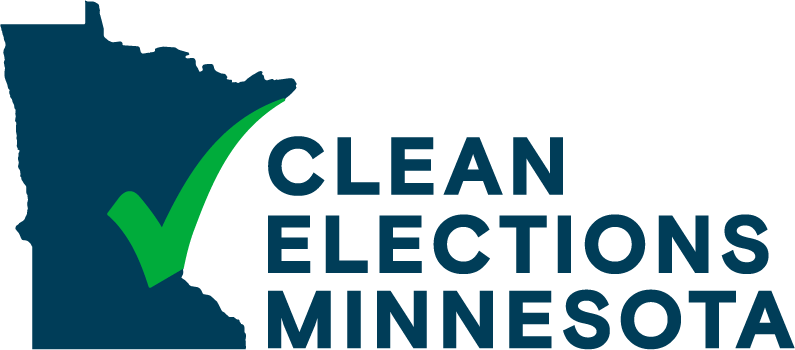In a country that can’t successfully require citizens to wear disease-preventing masks, get vaccinated against a deadly virus, or enact modest gun-safety laws, mandatory voting might seem a bridge too far–even if it leads to a better place. But the practice is neither novel nor untried. It’s the law of the land in more than two dozen countries, including Australia, Belgium and Greece; and it has been tried in other European countries such as Italy and Spain. Several countries to our south have required voting for more than a century; and in fact, the US without mandatory voting is in the minority among regional democracies. “Civic duty voting,” as the authors call it, has survived the test of time.
In Australia, where voting has been a requirement of citizenship for a century, turnout was 91.9 percent in the last major election (2019), versus 60.1 percent in America’s 2016 presidential race. Even in 2020, when interest in the US presidential contest ran unusually high, a third of registered voters chose not to participate–that’s 77 million voices that said, in chorus, No thanks to all choices. Although Australians must participate in elections unless they qualify for an exemption, they can, literally, vote “none of the above”–an option one suspects would be appealing to the “lesser of two evils” constituency in the USA.
The Australian system operates more by carrot than by stick, with inducements such as voting-day celebrations. They have something called “Democracy Sausages.” As one Aussie put it, “Voting in Australia is like a party. There’s a BBQ at the local school. Everyone turns up. Everyone votes. There’s a sense that, We’re all in this together.”(NY Times, 2018)
You know that in the US opponents will take to the courts if civic duty speech becomes law. One possible objection might be that mandatory voting is in essence government-coerced speech. With the help of a stable of legal experts, the author have crafted a set of rules for a system of mandatory voting that should withstand such a challenge. To test the current acceptability of civic duty voting, the authors conducted a poll. The results, they admit, show that the public needs to be convinced by educational campaigns. One hopeful statistic: 61% of respondents approved the statement that voting is both a right and a duty. That’s a significant step toward civic duty voting.
The Clean Elections MN board heard a presentation on the book and decided that the idea is worth continued discussion, but the organization isn’t to become active supporters yet. At the very least, we could have elections on Saturdays instead of Tuesdays and declare the day a federal holiday. Until then, CEM will continue to support democracy reforms such as automatic registration. Other countries have that, too.

